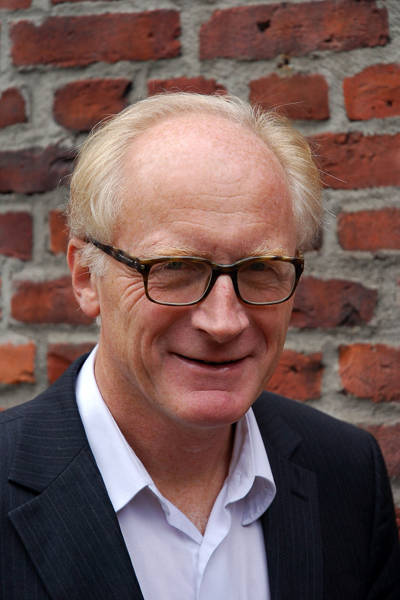Afghanistan's presidential race has started, but among the ten remaining candidates, there is no obvious successor to President Hamid Karzai. While at this early stage, the leading candidates seem to be Abdullah Abdullah and Ashraf Ghani Ahmadzai -- both are experienced former ministers -- neither has Karzai's charisma nor, even more important, his consensus-building abilities. And the race has already brought some surprises.
Compared to the 2009 elections, the current list of candidates includes a greater number of warlords -- men who tore the country apart in the 1990s and paved the way for the Taliban and al-Qaeda to gain a foothold -- including Abdul Rasul Sayyaf and Gul Agha Sherzai. Sayyaf has even teamed up with another warlord, Ismail Khan, choosing him as his running mate for First Vice President. Abdullah himself has chosen Hazara strongman Mohammad Mohaqiq as his candidate for Second Vice President. And Ghani, one of the most prominent reformers, has registered with one of the most infamous warlords, Gen. Abdul Rashid Dostum. Disappointed that Karzai had not given him more in return for his endorsement in 2009, Dostum now seems to have made his support contingent on an offer to become First Vice President, and Ghani gave him what he asked for.
This Ghani-Dostum pairing is the most remarkable in today's race. In an articlefor the London Times on August 20, 2009, when Ghani received three percent of the votes in the presidential elections, he called Dostum a "killer" and lashed out against Karzai for calling Dostum back from Turkey to lend him his support. Now, Ghani has invited the very same Dostum to be his closest partner in the hope that this new alliance will bring him victory. "Politics is not a love marriage, politics is a product of historic necessities," he explainedto Agence France Presse a few days after he had chosen Dostum.
As a result, members of the Afghan human rights community, which would normally be Ghani's constituency, threatened to withhold their support. Young voters took to social media to express their disappointment. "Then I am out. Mark my words, Ghani," one female activist wrote about the prospects of a Ghani-Dostum team. Seeing the possible fallout of his new partnership, Ghani asked Dostum to issue an apology for his past actions -- and he did.
On October 7, Dostum issued a widely published statement of apology to people who have suffered on both sides of the conflict while avoiding any direct reference to his personal role in the fighting. However, he emphasized that all ethnic groups have been victims of atrocities. Predictably, the statement was received with suspicion by many, who insisted that an apology would not help people forget his crimes. Nevertheless, the statement could be important beyond its immediate aim of pacifying disillusioned voters, as it is the first such apology given by any of the commanders from the civil war.
According to Ghani's interview with Agence France Presse, Dostum "should be praised for his courage" and for making "such a clear break with the past to embrace the future." However, the question many will be asking is whether the statement really signals an embrace of the future or simply aims to prolong the political lives of the men of the past.
The prominence of the old warlords on the candidates' list reflects the reality of Afghan society today. The new president will inherit an exceedingly complex political environment -- one in which warlords are still powerful and cannot be ignored. It is this same environment that shaped Karzai's 12 years as president. For more than a decade, the failure to understand this complexity has often led the international community to simplistic interpretations of reality in Afghanistan and to misguided policies.
To seek justice while maintaining stability in Afghanistan is a still a daunting challenge. However, by addressing the past, Dostum has removed a barrier that has been there for too long. Moreover, Ghani's credibility now is on the line. From now on, both men will be challenged to demonstrate that the apology was not a tactical move, but an important political initiative.
Dostum's statement challenged others with similar backgrounds to issue their own apologies and to, according to Dostum's words "develop a common understanding of the painful events of the past." If they do, it could open up a discussion of past atrocities and suffering that has so far been absent in the Afghan society. General apologies do not bring back the dead, heal the suffering, or repair the damage inflicted on so many, but they are better than silence or a continuing atmosphere of denial.
Dostum has -- perhaps inadvertently -- created an opportunity to initiate a process of reconciliation, of coming to terms with the legacy of the civil war. If Afghans can exploit this opportunity it could also give a much-needed boost to the generational transformation of Afghanistan's political life. However, it is a process that must be carefully handled to ensure that it truly enables Afghans to put the past behind them and does not lead to a return of past conflicts. Only Afghans themselves can find a way and a framework to make this possible.






